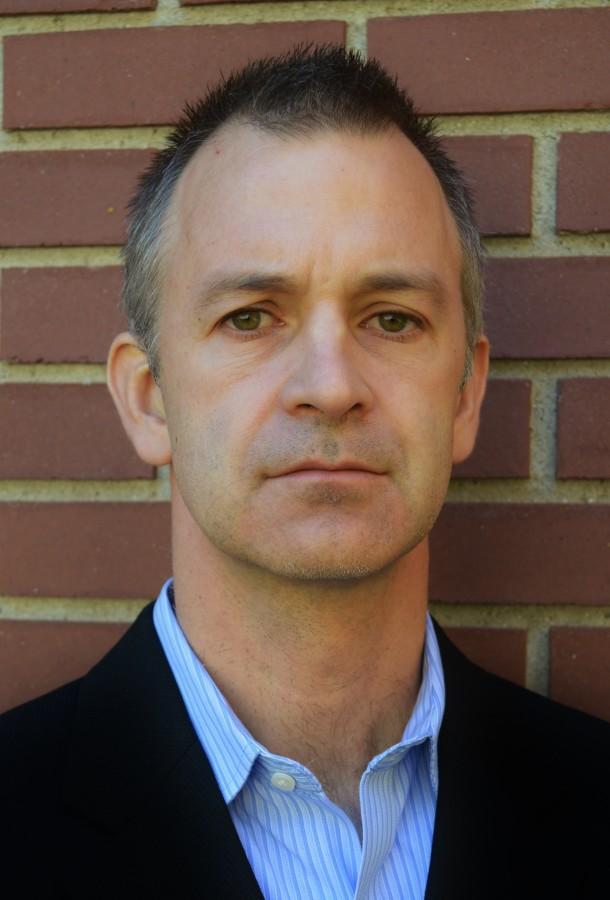Christopher Hacon, a professor in mathematics, and his team prove you don’t have to be Einstein to make strides in mathematic research.
When Hacon was a child, he thought he would study physics or engineering. While at the University of Pisa, however, his ambition to be a mathematician led him to a PhD from UCLA. He then became a professor at the U and most recently won the American Mathematical Prize.
“Students may be surprised to learn of the exceptional caliber of their math professors at the U,” said Peter Trapa, the chair of the department of mathematics.
In 2004, Hacon and his colleagues — Caucher Birkar from the University of Cambridge, Paolo Cascini from the Imperial College of London and James McKernan from the University of California in San Diego — set out to solve an equation that had never been solved before. Hacon and his team worked on classifying algebraic varieties (series of points on a curve), which he has summarized to be geometric objects defined by polynomial equations.
By 2010, Hacon’s research and predicted solution was published in The Journal of the American Math Society. The American Mathematical Society announced that Hacon and his partners would receive the 2016 Moore Prize, which is awarded every three years and consists of $5,000.
“I was very happy that the committee chose to recognize my area of research,” Hacon said. “It is great to see that despite centuries of research … it is still possible to make significant and exciting progress.”
Both Trapa and Aaron Bertram, also a professor in mathematics, agree Hacon has made significant progress and is showing there are still mathematical questions that need to be answered.
“It’s easy for people to know that there is cutting-edge research in physics and biology,” Bertram said. “It doesn’t naturally occur to people that math too is a growing and evolving subject.”
Trapa and Bertram think Hacon winning will have an impact on the U’s national mathematical ranking.
“Sometimes students don’t realize how much research faculty must do and that we are dependent on grants to pursue that research,” Bertram said. “This prize translates into bigger grabs [grants being awarded] which will support the faculty here at the U. It’s lively and exciting.”
[email protected]
@chriswritine


